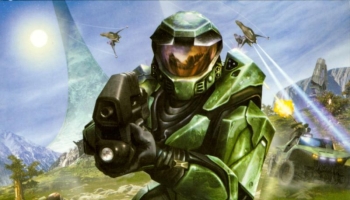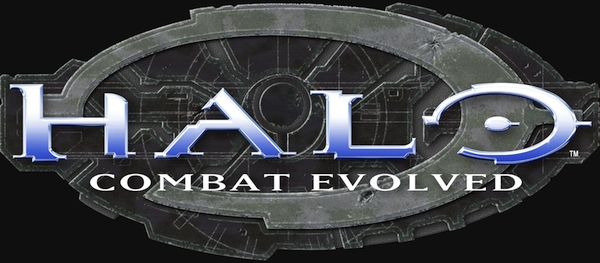The Video Game History Foundation has been collecting and digitizing game magazines, press kits, development materials, and the personal papers of several major figures in the games industry since their founding in 2017.
But recently, they took a major step towards making the items on their shelves available to the public with a sneak peek at their long-in-the-works Digital Library. In the video, which is embedded above, Library Director Phil Salvador walks us through how the database will work, using Nintendo Power, Game Players, and the Mark Flitman Papers as examples. There’s also a blog post, Introducing the VGHF Digital Library, explaining a bit more about their progress:
One of the most frequent questions we get is how you can access our collections of rare video game history research materials. Well, wonder no more! For the past two years, we’ve been building a digital platform where you can explore our archives, without having to visit in person. And we think it’s ready to show off.
We’ve put together an 18-minute demo of what our work-in-progress digital library looks like. This is our first look at how you’ll access the resources in our collection—plus an advance preview of the Mark Flitman papers, one of the exciting collections we’ll be rolling out when the library soft-launches next year.
Remember: This is a preview, and some things are a little unfinished! But if we’re all cool with that, we think it’s about time to show you what we’ve been up to.
This is extremely exciting news for researchers and anyone else who wants to dive into gaming’s often mysterious past. If all goes well, the Video Game History Foundation’s Digital Library should be up and running next year.

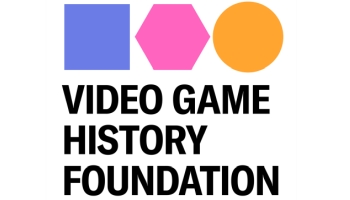

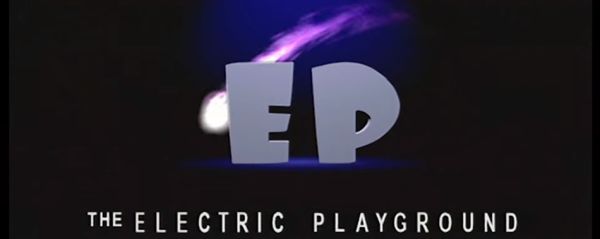
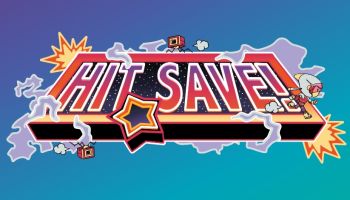
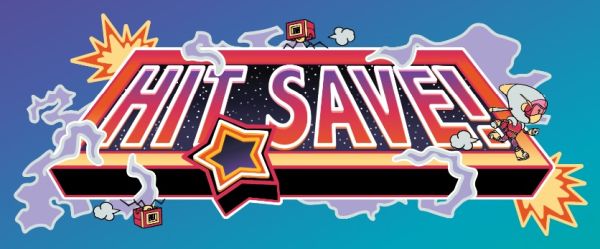

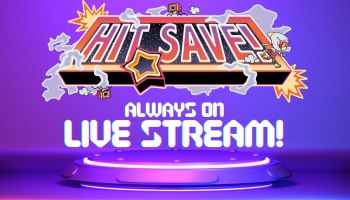
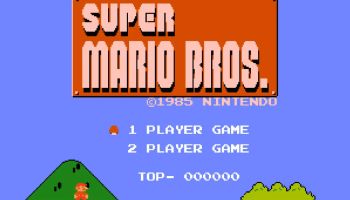


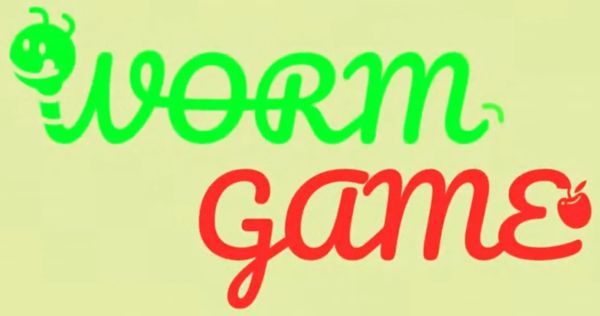
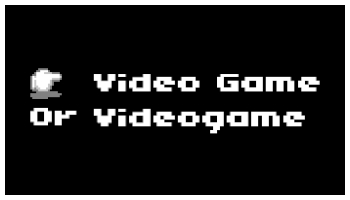

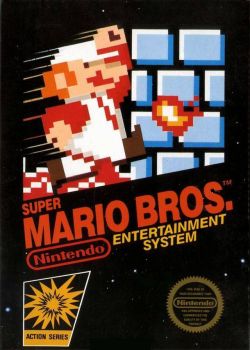 The speedrunners attempting to bend Super Mario Bros. to their will continue to inch closer to completing a perfect run. Niftski, the current recordholder for an “Any Percentage” completion of the game, bested his own mark yesterday.
The speedrunners attempting to bend Super Mario Bros. to their will continue to inch closer to completing a perfect run. Niftski, the current recordholder for an “Any Percentage” completion of the game, bested his own mark yesterday.